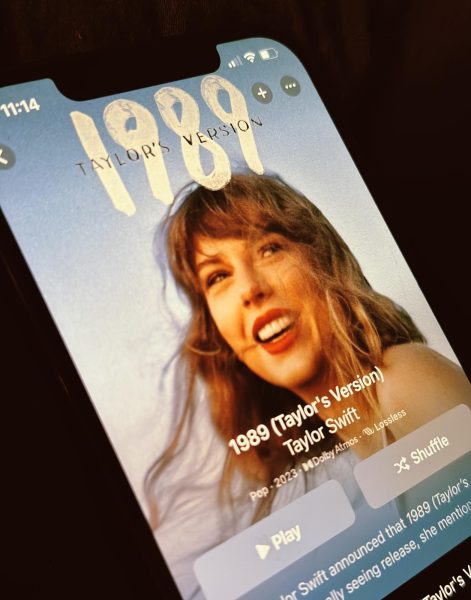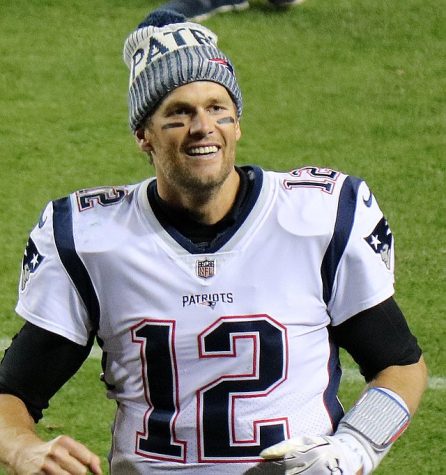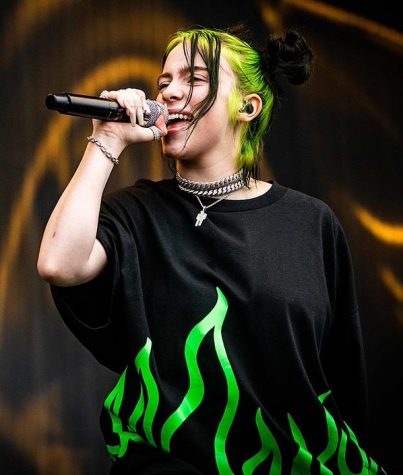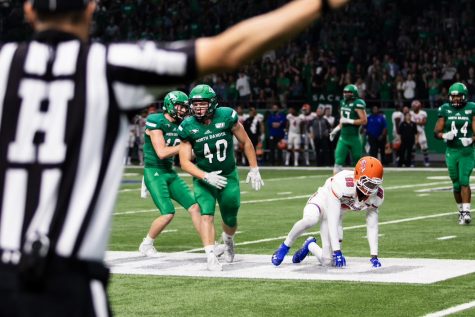The Genius of Damien Chazelle
February 12, 2020
Since 2014, Damien Chazelle has directed three films and became the youngest person to win both the Golden Globe and Academy Award for directing at the age of 32. These three films, Whiplash, La La Land and First Man, have a distinct style and view of the world that firmly places Chazelle in the category of auteur. For Chazelle’s first two films he not only directed but also wrote the screenplay which secures his place as an auteur even further.
Chazelle’s first major film, Whiplash, follows a young jazz drummer, Andrew and his cutthroat teacher, Fletcher. Andrew’s passion to be the best mixed with Fletcher’s teaching methods pushes Andrew into borderline insanity. While re-watching this film to write this article I forgot how anxiety inducing J.K. Simmons portrayal of Fletcher truly is. This role also won Simmons the Academy Award for an Actor in a Supporting Role.
Now on to my personal favorite film of all time, La La Land. This film is a love story between a struggling jazz musician, Sebastian, and an aspiring actress, Mia. Compared to Whiplash, La La Land is much more whimsical. This film is a proper musical with a classic Hollywood feel. This film is tied with All About Eve and Titanic for the most Oscar nominated film of all time with eleven nominations.
Chazelle’s most recent film, and the only film he did not write, First Man is a biopic about Neil Armstrong. This film deviates from Chazelle’s others films because the underlying subject matter is not jazz but his unique style and familiar themes still shine through.
In all of Chazelle’s films the major theme is dreams. Specifically, how far is someone willing to go to achieve their dreams? In Whiplash, Andrew dreams of becoming the world’s best jazz drummer; but are the means worth the end? In La La Land are Mia and Sebastian’s respective dreams more important than their love for each other? Similarly, in First Man, how much is Neil willing to sacrifice to achieve landing on the moon? Chazelle answers all of these questions in his films but in a more abstract way.
The endings of Chazelle’s films are open to audience interpretation; which is what makes these films some of my favorite. The lack of a concrete ending makes these films much more engaging and dynamic upon a second, third or even tenth viewing. Personally, my answers to the questions posed in Chazelle’s films change with each viewing. This is the genius of Damien Chazelle. He is able to tell a story that makes you not only feel something, but can make you feel something different each time. The final shot also links all of Chazelle’s films. In all three of these films the final shot consists of the two main characters silently and knowingly staring into each other’s eyes. Arguably, more is said with the actors eyes in these moments than in the entire film.
Another unifying thread amongst Chazelle’s films is the composer of the soundtracks, Justin Hurwitz. Hurwitz won the Academy Award for Best Soundtrack for La La Land and won the Golden Globe for his work in First Man. Hurwitz was Chazelle’s college roommate; so who knows maybe your roommate will eventual lead both of you to an Academy Award. To prove how much I love these films I will share that Justin Hurwitz was my number one artist on Spotify last year because of how often I listen to these soundtracks. The soundtracks of these films form the emotional base from which the rest of the film builds. A Chazelle film would not be a Chazelle film without the work of Justin Hurwitz.
If you are looking for films that are fun to watch, beautiful to look at and will also make you feel something, Damien Chazelle is the director for you.











